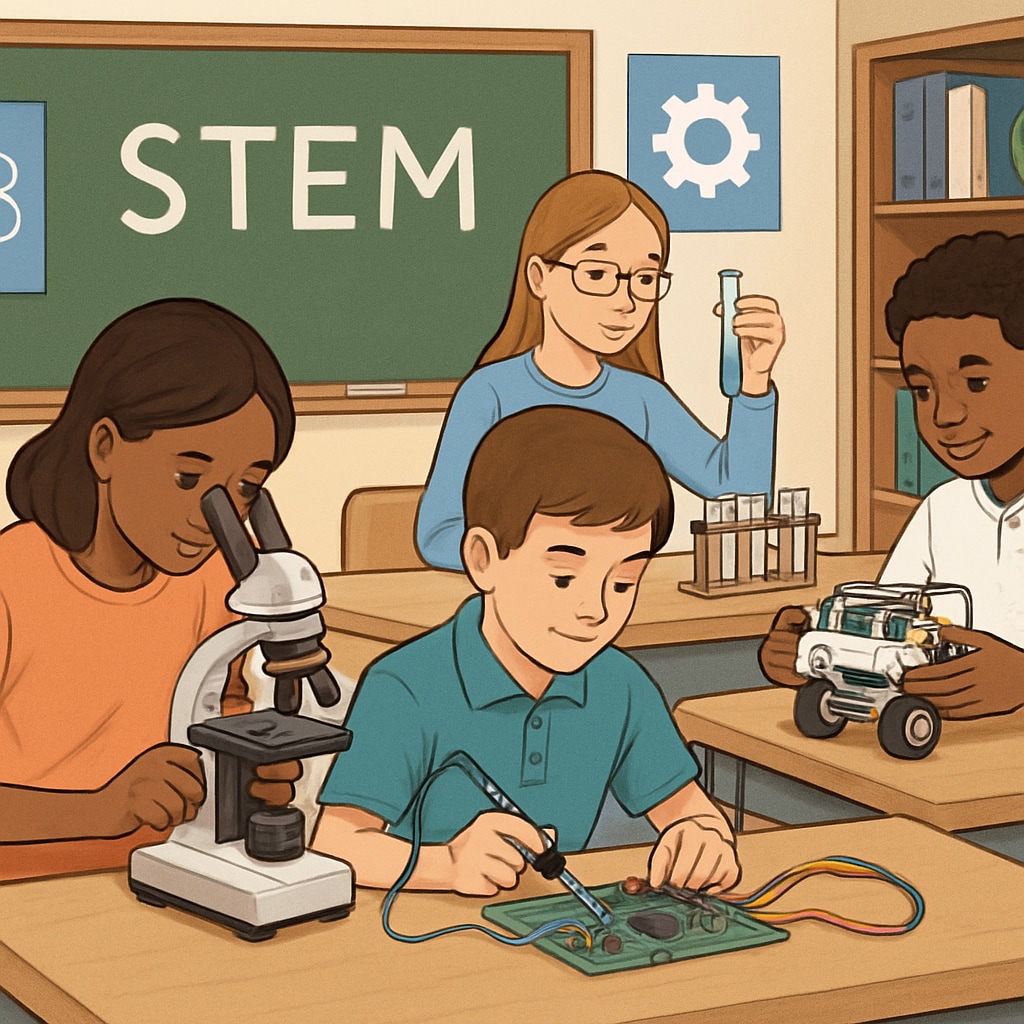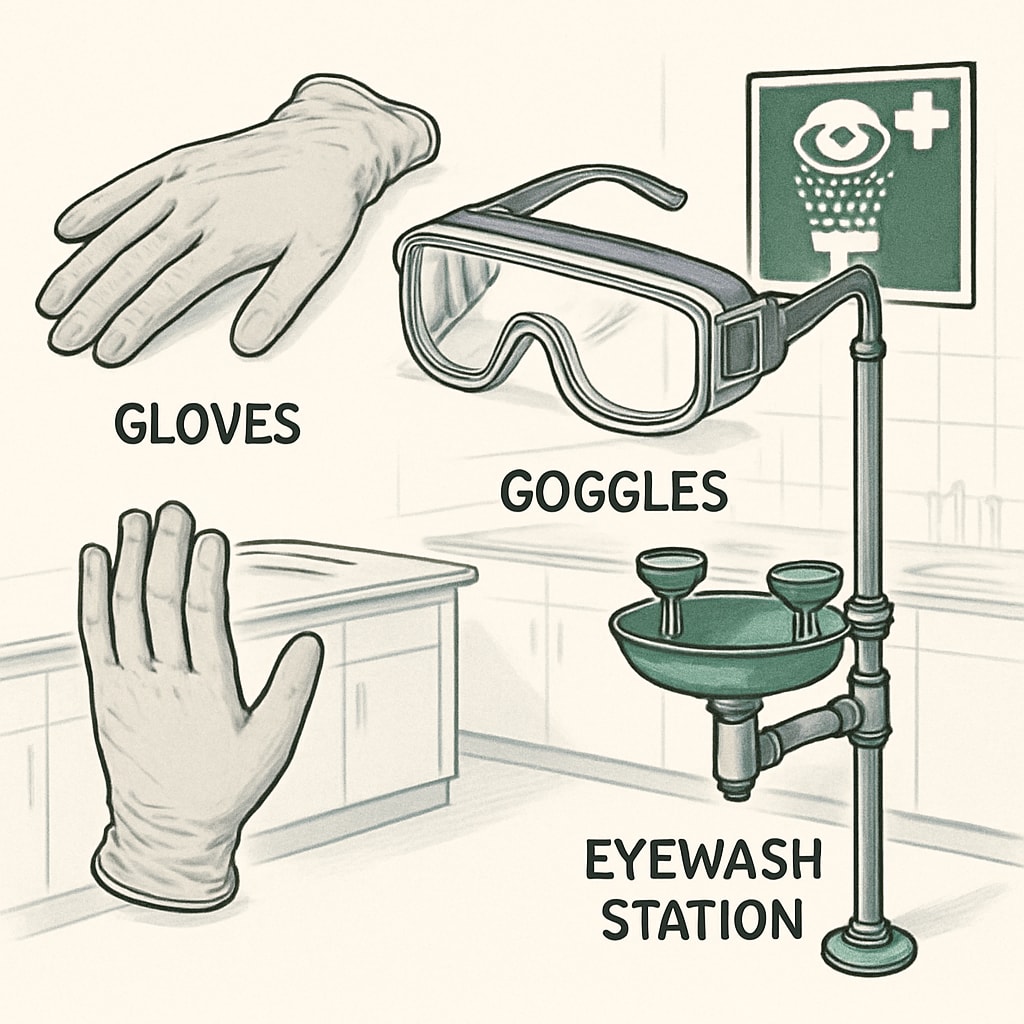The intersection of administrative leadership and teacher professionalism is a critical factor in maintaining the quality of education. However, when a newly appointed academic supervisor lacks the expertise and managerial skills necessary for their role, the consequences can be devastating. This article examines the experience of a STEM teacher at a predominantly Black school in Chicago’s South Side, highlighting the clash between professional ideals and administrative ineptitude. Issues surrounding laboratory safety, teaching effectiveness, and student well-being emerge as key concerns in this pressing educational dilemma.
The Gap Between Leadership and Professionalism
The appointment of academic supervisors is expected to bring expertise, guidance, and support to teachers. However, in many cases, the selection process prioritizes administrative credentials over subject-matter knowledge. For the STEM teacher at the core of this story, their supervisor’s lack of familiarity with science, technology, engineering, and mathematics posed significant challenges. Basic laboratory safety protocols were overlooked, jeopardizing student safety and the integrity of hands-on experiments—a cornerstone of STEM education.

As a result, the teacher was forced to spend additional time compensating for the supervisor’s shortcomings. For example, they had to repeatedly advocate for proper safety equipment and ensure compliance with industry-standard practices, tasks that should have been supported by the administration. This misalignment between leadership and professional expertise led to frustration and a decline in overall morale.
Laboratory Safety: A Non-Negotiable Priority
Laboratory environments demand strict adherence to safety measures to protect students and staff. Unfortunately, the supervisor’s lack of understanding of these requirements posed significant risks. For instance, essential items such as chemical-resistant gloves, eyewash stations, and emergency protocols were either missing or improperly maintained. The teacher raised these concerns repeatedly, only to face bureaucratic delays and dismissive responses.

In addition to physical safety, the supervisor’s mismanagement extended to scheduling issues. Class periods intended for complex experiments were often cut short for non-academic administrative tasks, undermining the learning experience. These actions sent a troubling message: administrative convenience was valued over student safety and academic rigor.
The Broader Implications for K-12 Education
This conflict between the STEM teacher and their academic supervisor reflects a systemic issue within K-12 education. When administrative leaders lack the expertise required to oversee specialized subjects, it creates a disconnect that affects teachers, students, and the broader educational ecosystem. Professional ideals—such as fostering curiosity, ensuring safety, and delivering high-quality education—are often sacrificed in favor of bureaucratic expedience.
Furthermore, the situation highlights the importance of ongoing professional development for both teachers and administrators. Supervisors who are expected to oversee STEM programs should undergo training to understand the unique requirements of these fields. Without this, they risk becoming obstacles rather than allies in the pursuit of educational excellence.
Moving Forward: Bridging the Gap
What can be done to address these challenges? First, schools must prioritize subject-matter expertise when appointing academic supervisors. This ensures alignment between leadership and the needs of the classroom. Second, administrators should collaborate closely with teachers to understand their challenges and provide meaningful support.
Finally, public awareness and advocacy are essential. Community members, parents, and educational stakeholders must hold schools accountable for maintaining high standards in both teaching quality and student safety. By doing so, we can create an environment where professional ideals and administrative leadership work hand in hand.
Readability guidance: The article uses concise paragraphs, avoids jargon, and incorporates lists where appropriate. It emphasizes active voice and transitions (e.g., however, therefore, as a result) to ensure clarity and engagement.


